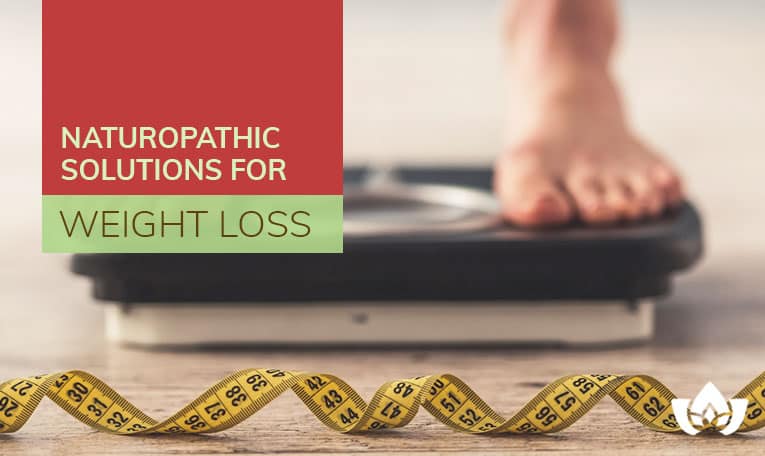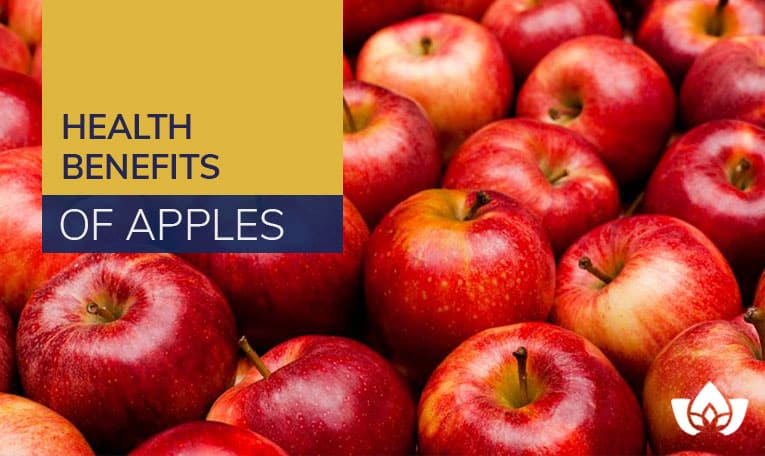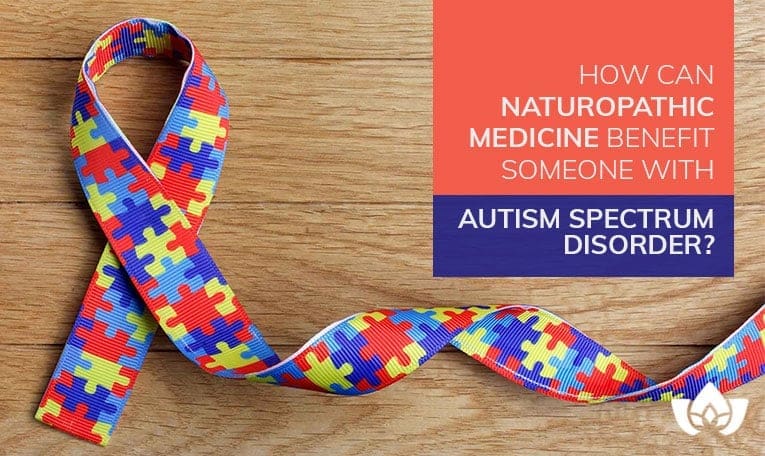

Immune system health is on a lot of people’s minds these days.
With the reality of COVID-19 becoming clearer and clearer, the question of who will be affected severely, and who might just get mildly sick and then get past it quickly is being asked a lot.
Although there is no cure or treatment – naturopathic or otherwise – for COVID-19 at the present time, as a naturopathic doctor in Mississauga, I’d like to offer some information about your immune system – what it is, how it works, and things you can do to strengthen it.
Keep reading to learn more.
What Are The Main Parts Of Your Immune System?
So you’ve heard a lot of talk lately about the immune system.
Some people have stronger immune systems than others.
Certain medical conditions can make the immune system more vulnerable to viruses or illnesses.
But what exactly is your immune system?
As the name would suggest, it’s not just one organ in the body – instead, it’s made up of a variety of structures which work together to fight disease.
The main components of the immune system include:
1. Leukocytes
Leukocytes or white blood cells, are a type of blood cell which plays an important role in identifying and fighting pathogens in the body.
A high leukocyte count can be indicative of infection in the body.
2. Lymphocytes
Lymphocytes are a type of leukocyte.
There are two types of lymphocytes – B-cells and T-cells.
B-cells create antibodies which attack pathogens in the body, and T-cells attack various infectious agents and cancerous cells in the body.
T-cells which have become activated are called killer T-cells, and helper T-cells aid in activating other cells to respond to pathogens.
3. Thymus
The thymus is a small organ located behind the breastbone, and is shaped like a thyme leaf – hence its name.
This is where T-cells mature, and it can also stimulate the production of antibodies.
This organ is quite large in babies. It grows until a person reaches puberty, after which it shrinks with age
4. Lymph Nodes
These small, bean-shaped structures contain cells which help fight infections and are located throughout the body.
In addition to cells that fight infection, they contain lymph fluid which is used to transport these cells throughout the body.
Lymph nodes can become enlarged and sore when the body is working to fight off infection.
5. Spleen
Located just underneath the left ribcage, the spleen is the largest organ of the lymphatic system.
The spleen contains white blood cells, which help fight infections, dispose of damaged blood cells, and play a role in controlling the amount of blood in the body.
6. Bone Marrow
Bone marrow is the tissue in the centre of large bones and contains two types of stem cell – hemopoietic and stromal.
Hemopoietic stem cells can produce new blood cells, while stromal stem cells produce fat, cartilage, and bone.
What Is An Autoimmune Disorder?
Generally, your immune system is able to differentiate between your own cells and foreign pathogens.
But sometimes your immune system mistakes the body’s own cells for a foreign pathogen and attacks them – this is an autoimmune disorder.
Common autoimmune disorders you may have heard of include:
- Celiac disease
- Type 1 diabetes
- Addison’s disease
- Inflammatory bowel disease
- Rheumatoid arthritis
- Multiple sclerosis

Innate Immunity Vs. Adaptive Immunity
There are two main types of immunity: innate and adaptive.
People are born with some amount of immunity – this is the innate immune system.
It consists of barriers which work to keep foreign pathogens out of your body and includes your skin and its oils, mucus, and stomach acid.
The innate immune system doesn’t protect against any specific pathogen, but it provides protection against all pathogens to a certain degree.
When you have immunity to specific viruses or pathogens, this is adaptive immunity, or acquired immunity.
When a threat is recognized by the body and the immune system creates antibodies specifically designed to address that threat, this is adaptive immunity.
In some cases, having a certain illness or infection once will decrease the odds that you have it again.
Chicken pox is a great example of this – if you catch it once, your body learns how to fight it off and you’re unlikely to suffer from it again.
Vaccines work in this way as well – by introducing a weakened or even dead version of certain pathogens to your body, your immune system learns their weaknesses and how to fight them off.
Nutrients To Support Your Immune System
There are a number of vitamins that play important roles in immune system function.
If you are looking to give your immune system a boost, here are a few vitamins you might consider supplementing, or adding to your diet.
Let’s take a look.
1. Vitamin A
Vitamin A plays an important role in the function of the immune system.
A study from the journal The Proceedings of the Nutrition Society suggests vitamin A supplementation lowers both mortality and morbidity of some infectious diseases.
As well, it’s been known for a long time that vitamin A deficiency has been linked with an impaired immune system.
Exactly why vitamin A is important for immune system health is not yet fully understood.
Strangely, though, overdoing it on vitamin A can actually impair your immune system as well, so it’s best to have a conversation with your naturopathic doctor to find out how much you should be taking.
Great sources of vitamin A include brightly coloured fruits and vegetables such as sweet potatoes, carrots, and cantaloupe.
2. Vitamin B9
Vitamin B9 is part of the B-complex of vitamins, and is required for synthesis of proteins and nucleic acid.
According to a 2013 study in the journal Frontiers in Immunology insufficient levels of B9 can be detrimental to immune response as it is crucial to the maintenance of T-cells.
A great way to add vitamin B9 to your diet is to eat dark leafy green vegetables, lentils and beans, peanuts, strawberries, and oranges.
3. Vitamin C
Vitamin C is an essential nutrient, which means it must be consumed through diet or supplement –your body can’t create it on its own.
A 2017 article in the journal Nutrients looked at the ways in which vitamin C contributes to immune function.
It supports both the functions of the innate and adaptive immune systems, as well as protects against oxidative stress.
Supplementation with vitamin C may also provide treatment for some types of infection.
Foods rich in vitamin C include citrus fruits, kiwi, mango, papaya, pineapple, and strawberries.
4. Vitamin D
Although vitamin D is generally known for its role in bone health, there is evidence to suggest it’s important to your immune system as well.
A 2011 study in the Journal of Clinical Virology supports the proposal that vitamin D is involved with the inhibition of viruses.
More research is required to determine the exact way vitamin D works in this regard.
The best way to get vitamin D is through sun exposure, however, it can also be obtained through diet.
Good sources of vitamin D include fatty fish, and foods fortified with vitamin D such as milk and cereal.
Some people have difficulty absorbing vitamin D through food and may need a supplement to ensure they are getting enough.
5. Vitamin E
Similar to vitamin C, vitamin E is also an antioxidant which helps your body ward off infection.
A 2018 study found vitamin E was protective against oxidization damage to cells.
It boosts the immune system so it can continue to fight off pathogens.
The effectiveness of vitamin E for this purpose is enhanced when it is used in combination with vitamin C.
Foods high in vitamin E include almonds, avocados, and sunflower seeds.
Book An Appointment At The Mindful Healing Clinic
Are you worried about your immune system health?
Perhaps you or someone in your home are in a group which is considered at higher risk of contracting COVID-19 and you’d like to take steps to strengthen your immune system
We at the Mindful Healing clinic would like to help.
It is important to note that there is currently no known cure or treatment for COVID-19.
However, strengthening your immune system is never a bad idea.
Due to the current global pandemic, our doors are closed for non-essential visits, however we are still offering phone and virtual consultations at this critical time.
Contact us today for more information.



















